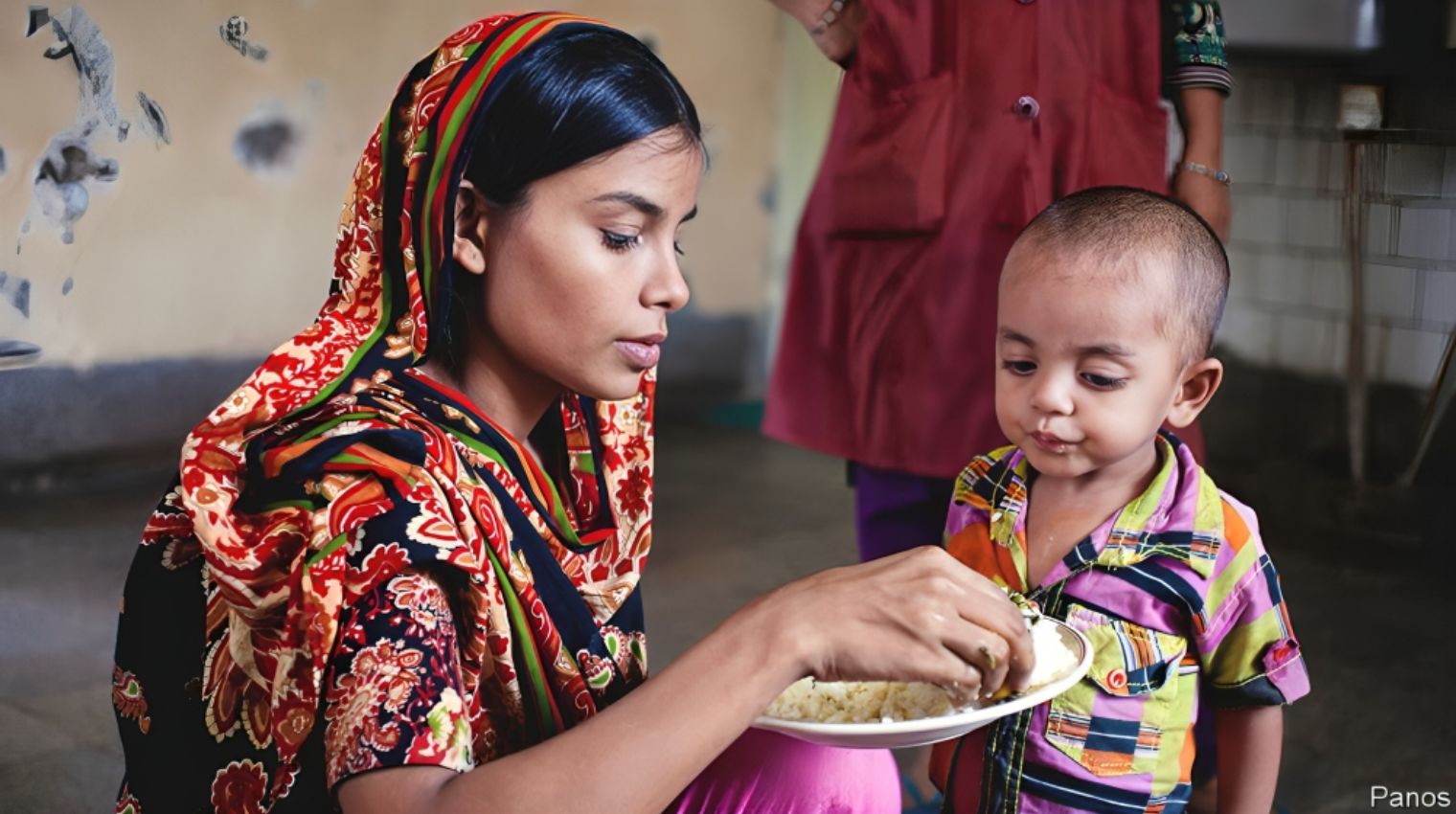In India, malnutrition is a major factor in the diagnosis of childhood cancer.
The Cuddles Foundation, a non-profit organization based in India that collaborates with 40 public hospitals in 14 states, released the Food Heals Report 2024, a report that highlights the concerning effects of malnutrition on the care of children diagnosed with cancer and the fact that the majority of these children are undernourished.
In India, kids cancers are a significant public health concern primarily due to the absence of dedicated policies and initiatives for the prevention of childhood cancer.
In the nation, there are pediatric oncology departments in 41.6% of public, 48.6% of private, and 64% of tertiary-level hospitals that are managed by non-governmental organizations (NGOs).
The results show that, by the time they receive their first nutrition advice, between 57% and 61% of the estimated 76,000 children who are diagnosed with cancer each year are malnourished.
Their capacity to withstand treatment is compromised by this pervasive malnutrition, which increases problems, infections, and suboptimal treatment results. The paper emphasized that hunger continues to be a major obstacle to receiving successful treatment, highlighting the crucial role nutrition plays in pediatric cancer care.

Inadequate nutrition has been a persistent concern for thousands of children with cancer in India over the past three years, compromising their quality of life and chances of survival.
The Cuddles Foundation’s founder and CEO, Purnota Dutta Bahl, emphasized the critical need for more assistance and awareness in order to address this issue.
The Food Heals Report 2024 highlights a disheartening fact: hunger remains a major obstacle in the treatment of juvenile cancer patients. These courageous kids have the best chance of recovering and the stamina to withstand torturous procedures when they eat well, the speaker stated.
Bahl demanded greater training, a larger number of specialized nutritionists, and the recognition of nutrition as a crucial component of cancer treatment. “Together, we can ensure that no child loses their battle because they lack proper nutrition,” she continued.
The study also showed that less than half of the daily caloric and protein requirements are consumed by 65% of newly diagnosed pediatric cancer patients, which severely impairs their tolerance to treatment and raises their susceptibility to infections, impeding growth and recovery.
“Children with cancer typically have inadequate nutrition due to loss of appetite, poverty, lack of schooling, etc., and their excess calorie requirements. It is extremely tough and demanding to begin any form of treatment in these kids, according to Dr. Pradeep Chandrakar, a professor of radiation oncology at the Regional Cancer Center at Pt. JNM Medical College in Raipur.
He continued by saying that infections and other treatment-related issues could cause youngsters to pass away during this time.
Therefore, in order to combat cancer, children need to receive the right nutrition.
As stated by Dr. Manas Kalra, Senior Consultant in Pediatric Haematology at Sir Ganga Ram Hospital in New Delhi, “Nutrition is the first step towards transforming the future of childhood cancer care.”

Dr. Kalra went on to say that dietary support, which is sometimes disregarded in pediatric oncology, is crucial to enhancing the course of treatment for kids.
“We need to ensure that nutritional support is integrated into every stage of cancer treatment, from diagnosis to recovery,” he said.
The lack of specialized nutritionists in Indian hospitals was also highlighted by the research. The nutritionist-to-patient ratio at licensed cancer hospitals is 1:54, however the ratio in unaccredited facilities is much more alarming at 1:407.
The experts state that immediate funding is needed to expand the availability of nutrition services, give nutritionists specialized training, and create organized Nutrition Care Processes (NCP) in the treatment of pediatric oncology patients.
According to the report, individualized nutrition care promotes long-term health and facilitates rehabilitation. To meet the expanding demands of children with cancer, it recommends for “mandatory targeted nutrition interventions in pediatric oncology care,” in addition to greater financing and hiring more pediatric oncology nutritionists.
The study’s authors expressed hope that, with concerted efforts and funding, no child’s ability to battle cancer will be hampered by starvation.


Leave a Reply